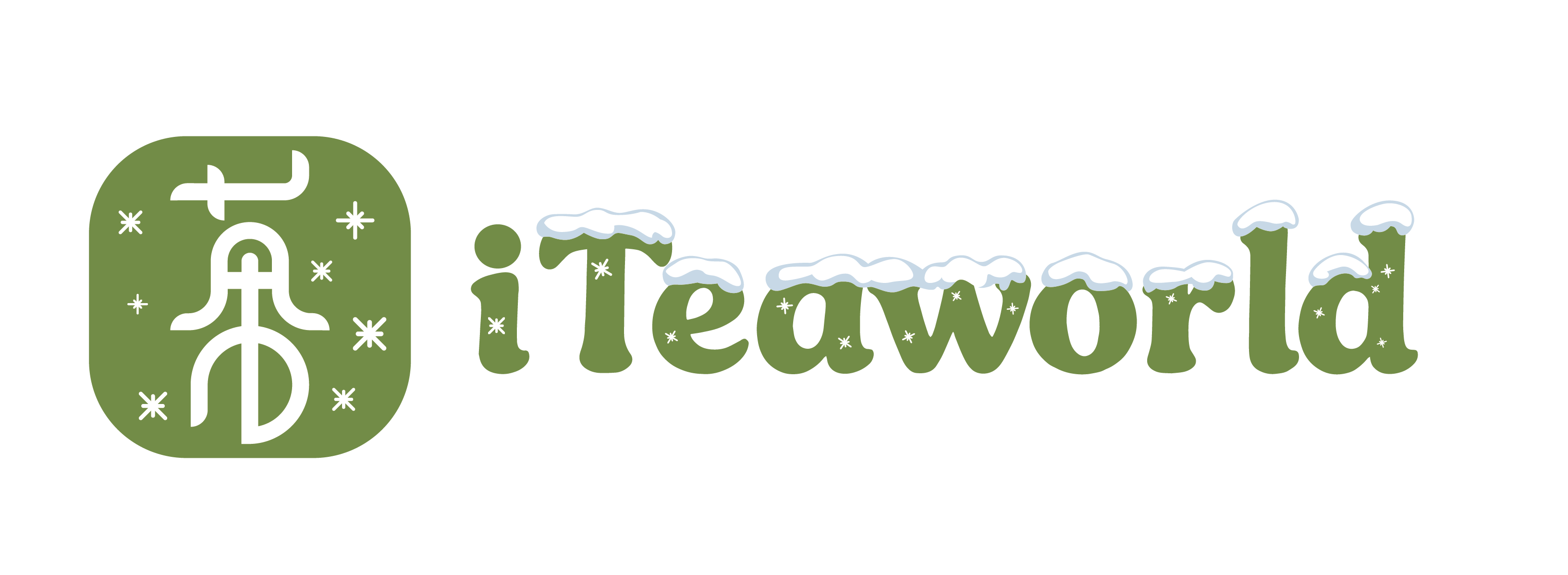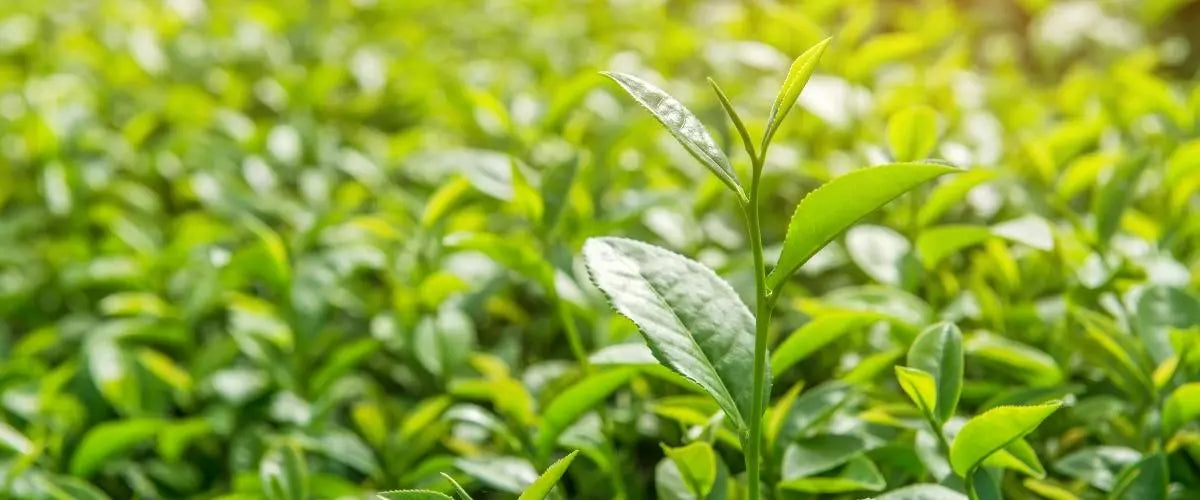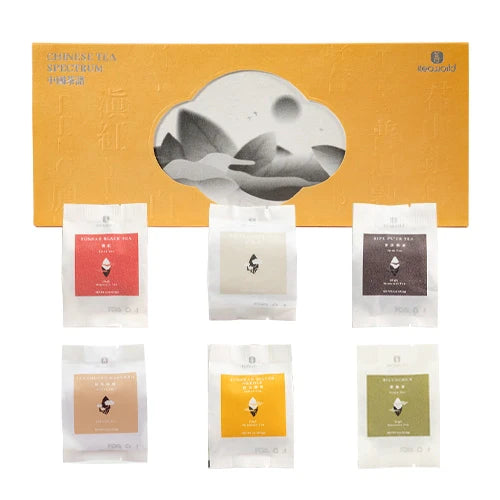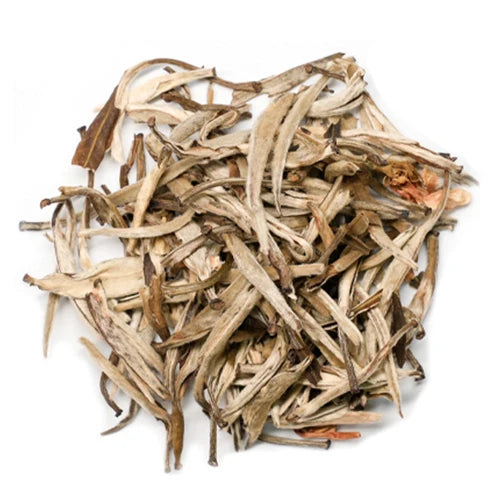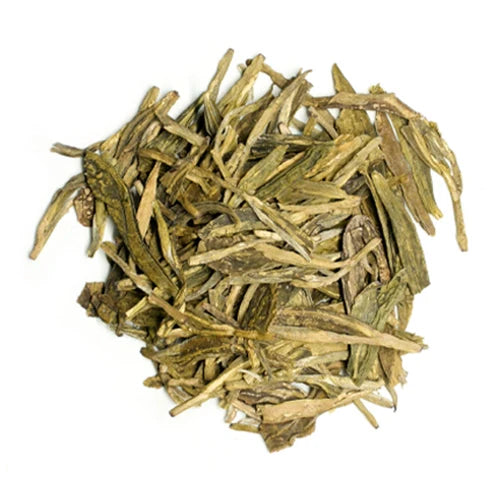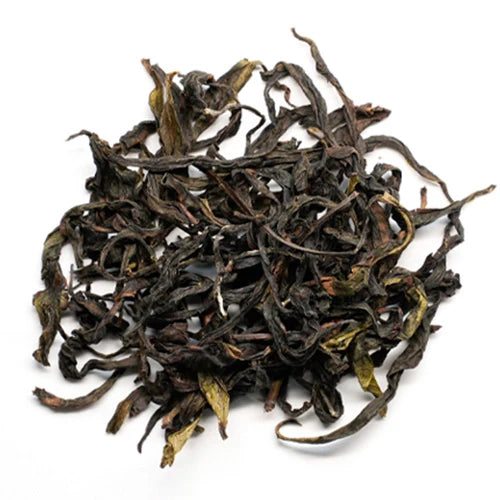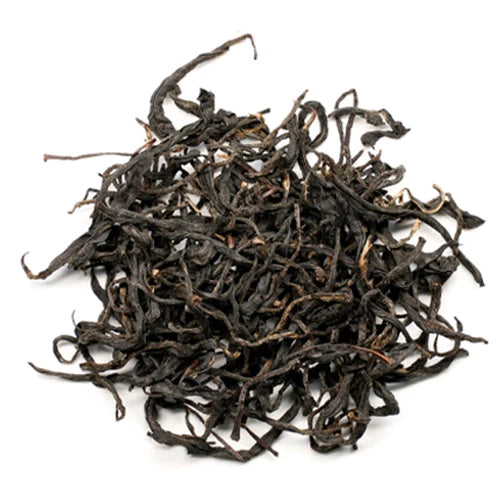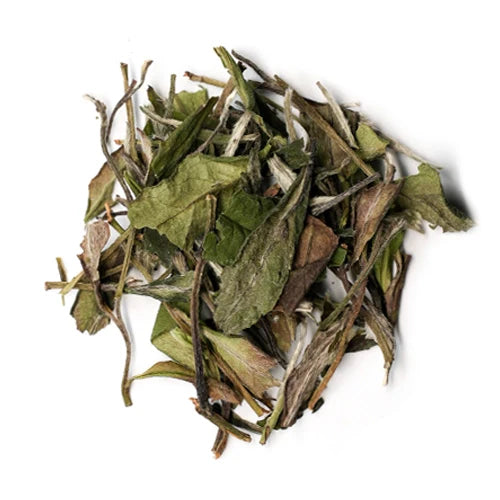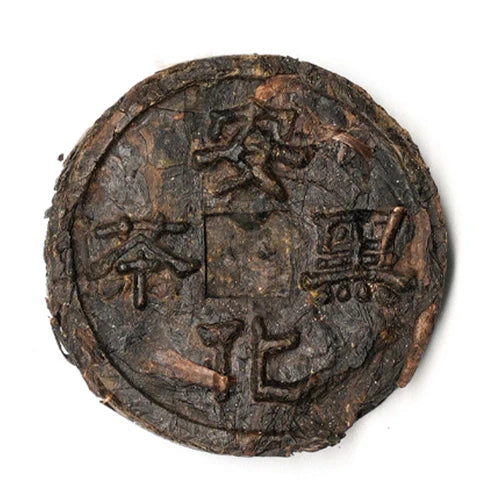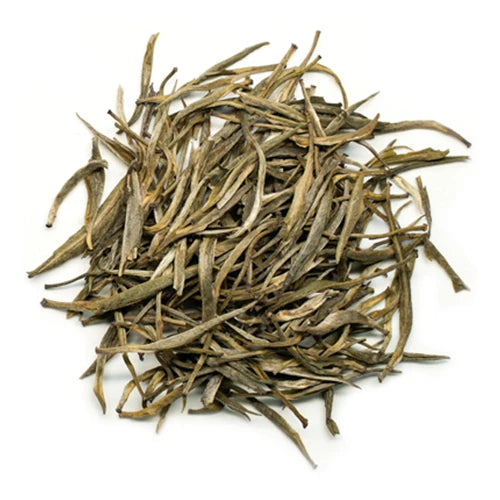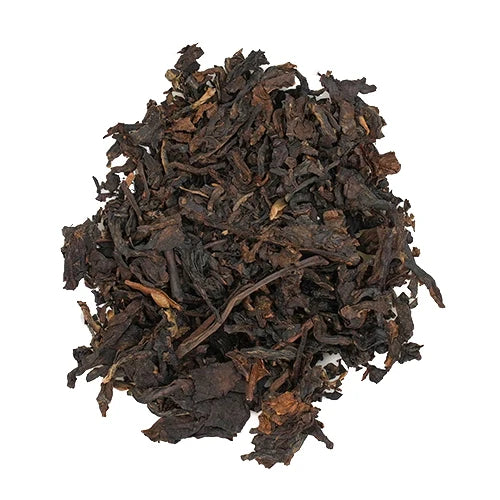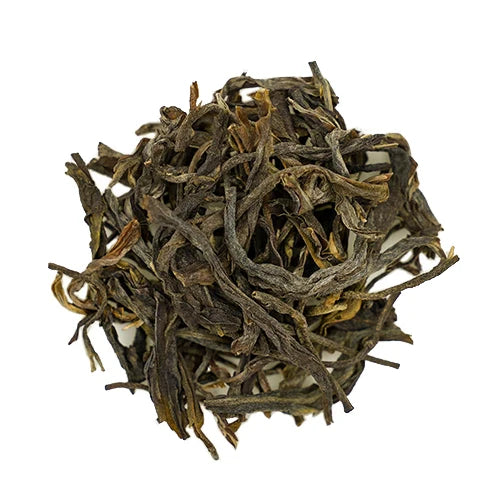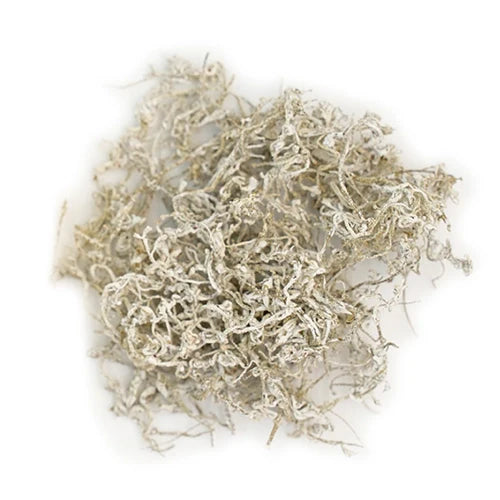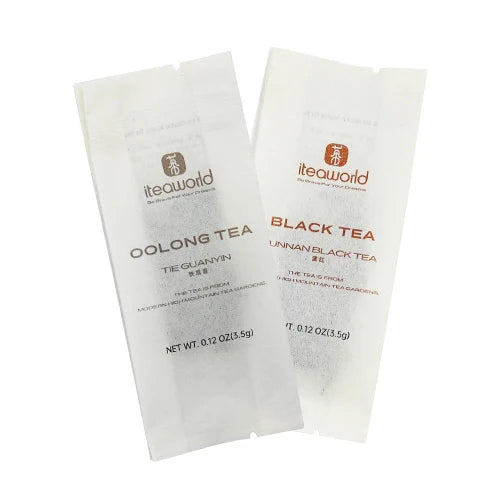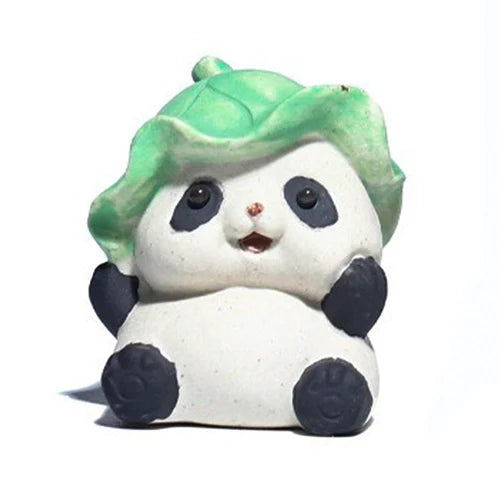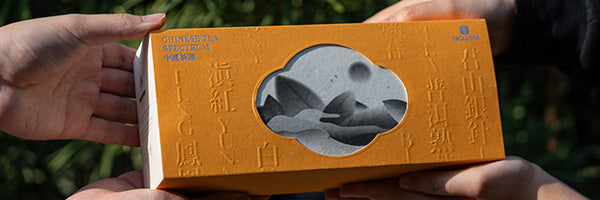Можно ли беременным пить чай?
Во-первых, нам нужно понять, можно ли беременным женщинам пить чай во время беременности. Мы проконсультировались с медицинскими экспертами и получили следующую информацию:
Беременным женщинам можно пить чай, но не чрезмерно. Не все виды чая подходят беременным женщинам. Употребление чая без разбора может повлиять на здоровье как беременной женщины, так и плода. Принцип для беременных женщин, пьющих чай, заключается в том, что лучше пить листовой зеленый чай и избегать черного чая. Им также следует избегать употребления крепкого чая и не употреблять его в чрезмерных количествах .
Каково влияние чая на беременных женщин? (Крепкий чай, чай с высоким содержанием сахара, чрезмерное потребление)
Крепкий чай содержит большое количество дубильной кислоты, кофеина и других веществ. Особенно дубильная кислота может препятствовать усвоению железа организмом. Если беременные женщины пьют слишком много крепкого чая , это может вызвать анемию беременных, а также повлиять на плод. Чай из боярышника , известный своим воздействием на кровообращение, может представлять риск выкидыша и преждевременных родов для беременных женщин с нестабильной беременностью. Чай с высоким содержанием сахара может вызвать гестационный диабет у беременных женщин, увеличивая риск того, что плод станет крупным ребенком.
Что такое чай для повышения фертильности?
Концепция чая для фертильности направлена на то, чтобы предположить, что он может помочь в зачатии. Честно говоря, нет достаточных доказательств в поддержку идеи, что какой-либо конкретный чай или трава поможет вам забеременеть.
Однако некоторые травы, содержащиеся в листовом чае, могут принести пользу вашему общему здоровью, что, в свою очередь, может поддержать фертильность. Его часто называют оздоровительным чаем. Однако не все оздоровительные чаи подходят беременным женщинам, и не все беременные женщины могут употреблять оздоровительные чаи. Это в первую очередь зависит от состояния здоровья женщины во время беременности. Каждой будущей маме, которая любит чай, рекомендуется проконсультироваться с врачом, прежде чем баловать себя.
Эффективен ли чай для повышения фертильности?
Считается, что некоторые травы в составе чая улучшают приток крови к матке и яичникам, а также регулируют уровень гормонов, что может быть полезно для репродуктивной функции.
К сожалению, несмотря на то, что некоторые травы на протяжении тысячелетий использовались в качестве так называемых усилителей фертильности, убедительных доказательств, подтверждающих эти утверждения, нет.
Какой чай для повышения фертильности можно пить беременным?
Беременные женщины могут употреблять определенные чаи для повышения фертильности в умеренных количествах. Крепкие или сильно обработанные цветочные чаи не рекомендуются. Вместо этого выбирайте мягкие и простые цветочные чаи или чаи с фруктовыми настоями, такие как:
● Зеленый чай
Зеленый чай обладает замечательными полезными свойствами для здоровья и является одним из самых изученных чаев на рынке! Согласно "Friday Magazine", зеленый чай может повысить гидратацию, улучшить цервикальную слизь и повысить подвижность сперматозоидов.
Одним из основных компонентов зеленого чая являются полифенолы, антиоксиданты. Оксфордский университет утверждает, что полифенолы, как доказано, влияют на фертильность, половое развитие, здоровье плода и биодоступность питательных веществ. Употребление 2-5 граммов светлого зеленого чая в день во время беременности может принести пользу для работы сердца и почек, улучшить кровообращение, помочь пищеварению, предотвратить отеки и способствовать росту и развитию плода! Образец зеленого чая iTeaworld просто фантастический! Они предлагают шесть сортов органического зеленого чая, все известные в Китае, в одной коробке. Эти зеленые чаи подходят для употребления во время беременности.

● Мятный чай
Чай из перечной мяты специально создан для беременных женщин, чтобы справляться с интенсивными симптомами беременности. Ментол и танины в перечной мяте могут эффективно снимать стресс и бороться с усталостью, предлагая значительное облегчение при тяжелых симптомах беременности.

● Чай с хризантемой
Чай из хризантемы прост в приготовлении, не содержит кофеина и может помочь снять усталость, эффективно очищая печень и проясняя глаза. Он оказывает хорошее успокаивающее действие на беспокойные эмоции будущих мам во время беременности.

● Чай из жимолости
Иммунная система беременной женщины часто ослабевает во время беременности, что делает ее более восприимчивой к инфекциям, таким как простуда. Регулярное употребление чая из жимолости может помочь предотвратить такие случаи из-за его мощного противовоспалительного и детоксицирующего действия, эффективно препятствующего вирусному вторжению.

● Чай из красных фиников и ягод годжи
Умеренное употребление чая из красных фиников и ягод годжи во время беременности может восполнить запасы витамина С и железа, предотвращая и облегчая анемию, связанную с беременностью. Он также может повысить иммунитет беременной женщины, снизить частоту заболеваний и улучшить качество сна.

● Жасминовый чай
Еще один подходящий вариант во время беременности — жасминовый чай. Умеренное потребление может восполнить запасы витамина С, повысить иммунитет, способствовать очищению печени, облегчить дефекацию и обладать мочегонными свойствами, помогая облегчить отек нижних конечностей во время беременности.
Есть много брендов, которые предлагают жасминовый чай, но есть много недобросовестных торговцев, которые предлагают плохие цветы жасмина. iTeaworld гарантирует, что жасминовый зеленый чай изготовлен из свежих цветов жасмина из Хэнсяня, родины жасмина в Китае, смешанных с высококачественным зеленым чаем без добавок, без сахара и без ароматизаторов. Внутри четыре разных вида жасминового зеленого чая, каждый из которых очень особенный, заваренный, чтобы наполнить комнату ароматом жасмина, может принести весну в ваш дом!
Откройте для себя пробник свежего и чистого китайского жасминового чая прямо сейчас>>>

● Чай из листьев малины
Многие женщины обращаются к чаю из листьев малины, когда сталкиваются с репродуктивными проблемами и ищут натуральные средства. Считается, что листья малины, как и многие травяные чаи и смеси, помогают лечить различные состояния и повышают шансы на зачатие.
Лист малины богат кальцием, который действительно способствует здоровью матки. Это отличная трава для фертильности, похожая на крапиву и красный клевер.
Исследования, опубликованные в журнале « Интегративной медицины », показывают, что употребление чая из листьев малины улучшает питание благодаря высокому содержанию витаминов С, А и Е. Кроме того, листья богаты полезными элементами, такими как кальций, калий и железо.
Простое увеличение потребления питательных веществ не приводит напрямую к повышению фертильности, но может способствовать здоровой беременности.

Чаи, неподходящие для беременных женщин:
Примечание: Беременным женщинам следует избегать черного чая, крепкого чая и чая с высоким содержанием сахара.
Черный чай, улун, боярышник и некоторые обработанные цветочные чаи, такие как османтус, персиковый цвет и снежный лотос, не рекомендуются во время беременности из-за их относительно сложного состава. Даже зеленый чай не следует употреблять чрезмерно. Чай содержит кофеин, что часто приводит к учащению сердцебиения и сердцебиению у беременных женщин. Эта повышенная частота сердечных сокращений может также повлиять на плод. Кроме того, чай содержит дубильную кислоту, которая может препятствовать усвоению железа, усугубляя анемию, связанную с беременностью.

Поэтому во время беременности рекомендуется употреблять чай умеренно и не злоупотреблять.
Мы рекомендуем семь упомянутых ранее оздоровительных чаев, в первую очередь подчеркивая умеренность в потреблении. Также важно соблюдать индивидуальные различия при потреблении этих чаев.
Меры предосторожности для беременных женщин, пьющих чай:
1. Беременным женщинам следует избегать чрезмерного или крепкого чая . Особенно во время лактации, высокая концентрация танинов в чае может повлиять на кровообращение в молочных железах, подавляя секрецию молока, что приводит к недостаточной выработке молока.
2. Если организм беременной женщины склонен к переохлаждению, рекомендуется избегать употребления холодных чаев и вместо этого выбирать подходящий оздоровительный чай с ягодами годжи.
3. Беременным женщинам желательно не пить чай перед сном , так как это может вызвать бессонницу и привести к усталости на следующий день.
4. Не рекомендуется пить чай натощак, так как это может повлиять на усвоение питательных веществ желудочно-кишечным трактом.
5. Не пейте чай, который долго заваривался или простоял ночь, а затем из горячего стал холодным .
Можно ли пить чай во время кормления грудью?
Не рекомендуется пить чай , если вы не можете удержаться, вы можете выпить только немного, не кормить грудью сразу после употребления чая, рекомендуется кормить грудью не менее чем через 2 часа.
Употребление чая во время грудного вскармливания повлияет на грудное вскармливание. Если вы пьете много чая в этот период, высокая концентрация эллаговой кислоты в чае будет впитываться слизистыми оболочками, что повлияет на кровообращение молочных желез, тем самым подавляя секрецию молока и вызывая недостаточную секрецию молока. После того, как мать выпьет чай, кофеин из чая вдыхается ребенком через грудное молоко, что легко стимулирует дыхательные, желудочно-кишечные и другие недоразвитые органы ребенка, тем самым вызывая учащенное дыхание ребенка, желудочно-кишечные спазмы, а также необъяснимый плач или бессонницу ребенка.
